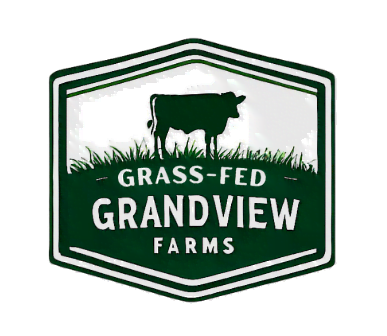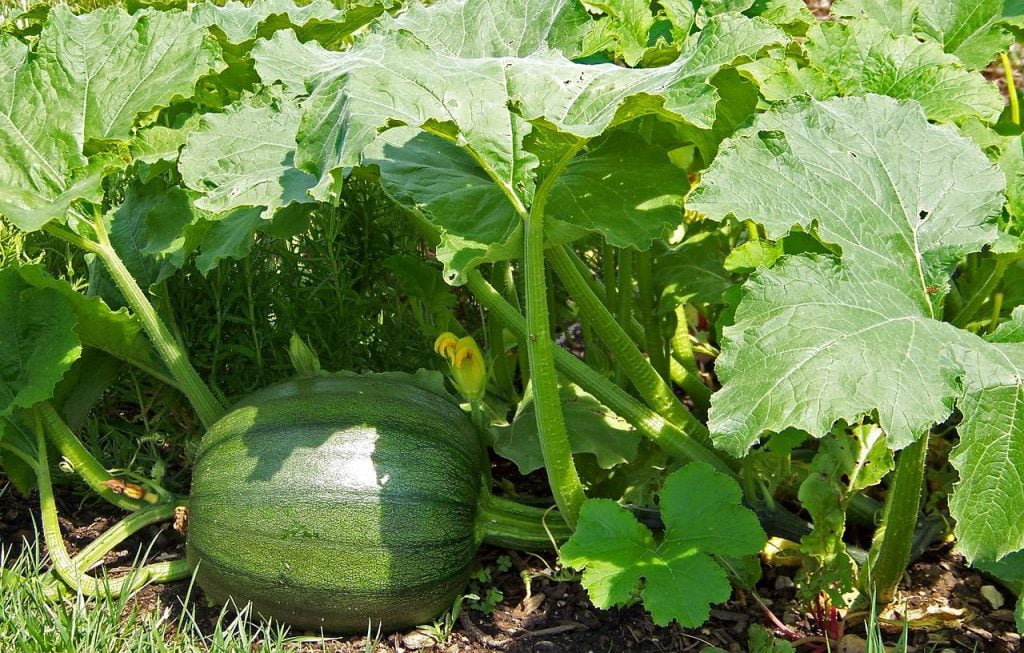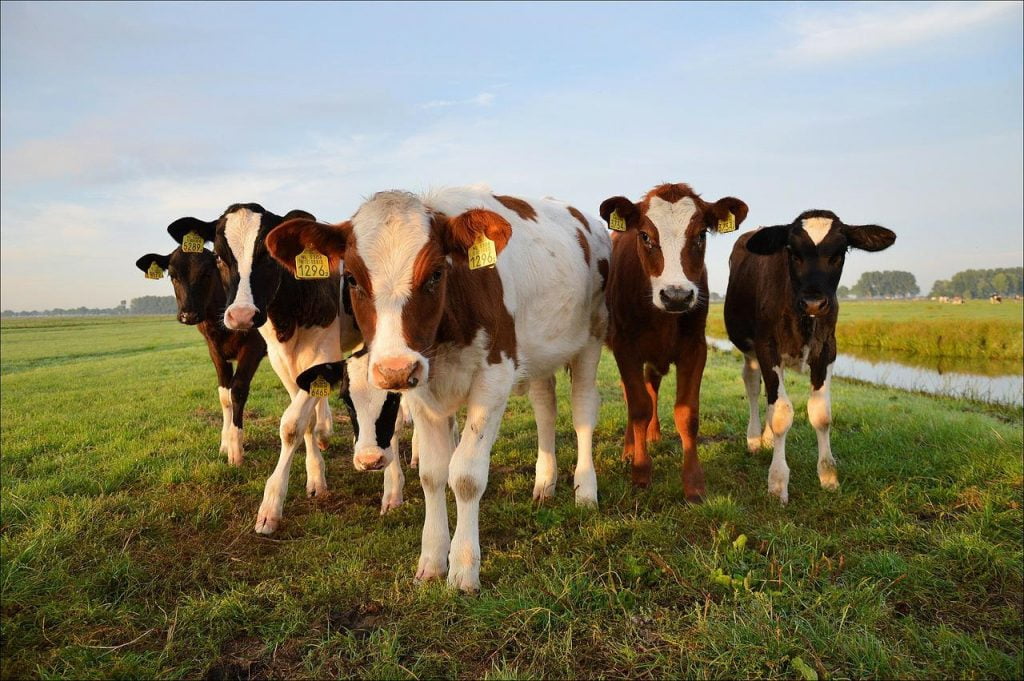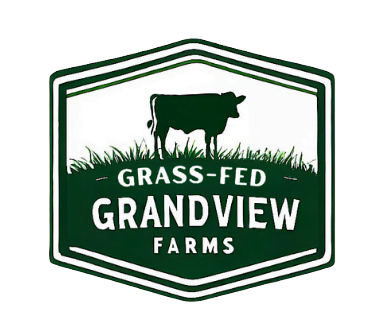In a world grappling with environmental challenges, making sustainable choices has become more important than ever. When it comes to meat consumption, opting for grass-fed beef can significantly reduce your environmental impact. In this blog post, we will explore the environmental benefits of choosing grass-fed beef and why it is a sustainable choice for a greener future.
1. Carbon Footprint:
Grass-fed beef production has a lower carbon footprint compared to conventional grain-fed beef. Grass-fed cattle primarily graze on pasture, which requires fewer fossil fuel inputs and reduces greenhouse gas emissions. Additionally, grasslands used for grazing can act as carbon sinks, sequestering atmospheric carbon dioxide and mitigating climate change.
2. Water Conservation:
Grass-fed beef production is generally less water-intensive than grain-fed beef production. Pasture-based systems rely on natural rainfall to nourish the grass, reducing the need for large-scale irrigation. By choosing grass-fed beef, you can contribute to the conservation of precious water resources and help alleviate the strain on water supplies in drought-prone regions.
3. Preservation of Biodiversity:
Grass-fed beef promotes the preservation of biodiversity. Pasture-based systems provide habitats for a variety of plant and animal species, supporting ecosystem diversity. Cattle grazing on diverse pastures contribute to the maintenance of healthy soils, which, in turn, support a thriving ecosystem of microorganisms, insects, and other wildlife.
4. Soil Health and Erosion Prevention:
The grazing of grass-fed cattle plays a crucial role in maintaining soil health. As cattle graze, they naturally fertilize the land with their manure, enriching the soil with essential nutrients. Their hooves also help aerate the soil, improving its structure and water-holding capacity. By avoiding the overuse of synthetic fertilizers and minimizing soil erosion, grass-fed beef production promotes sustainable land management practices.
5. Reduced Dependency on Feed Crops:
Conventional beef production heavily relies on the cultivation of feed crops, such as corn and soybeans, contributing to deforestation and habitat destruction. Grass-fed beef eliminates the need for vast monocultures of feed crops, reducing pressure on natural ecosystems and preserving valuable land for other purposes, such as reforestation or sustainable agriculture.
6. Supporting Local and Sustainable Agriculture:
Choosing grass-fed beef supports local and sustainable agriculture systems. Grass-fed beef is often sourced from small-scale farms that prioritize regenerative practices, animal welfare, and the well-being of their surrounding communities. By purchasing grass-fed beef from local farmers, you contribute to the growth of sustainable agricultural models that prioritize environmental stewardship and community resilience.
Grass-fed beef is not only a delicious and nutritious choice but also a sustainable one. By opting for grass-fed beef, you can significantly reduce your carbon footprint, conserve water resources, preserve biodiversity, and support local and sustainable agriculture. Every small choice we make has an impact on the environment, and choosing grass-fed beef is a step towards building a greener future. So, let’s embrace the sustainable qualities of grass-fed beef and make a positive difference for our planet, one meal at a time.




